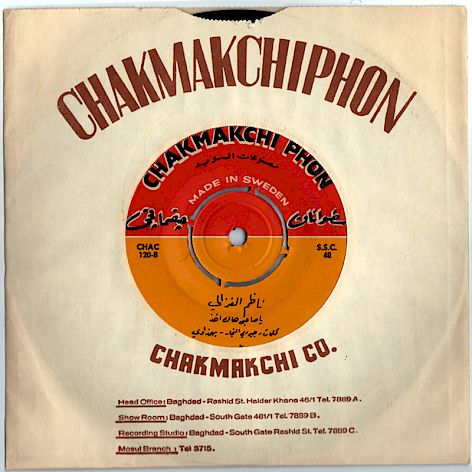What We're Reading This Week

Joseph Satish
Yeonsil Kang "Cold War's Cold Legacy: Soyang Multipurpose Dam, the Local Environment, and Envirotechnical Development in South Korea," Technology's Storie
Yeonsil Kang explores the story of the Soyang Multipurpose Dam by taking a closer look at the dam’s environmental impacts. This closer look brings previously undermined tensions between the national developmental project and local experiences to the fore.
A. G. Noorani, "How a Supreme Court judgment brought back the sedition law in India", The Hindu Frontline
Sedition was designed by a colonial regime to contain discontent and was deliberately omitted from the Indian Constitution. A. G. Noorani describes the history of how the term was re-introduced in a post-colonial context.
Ashwini Deshpande, "What Did You Do in the Last 24 Hours?," The India Forum
Ashwini Deshpande argues that the first nation-wide survey of the time spent by men and women on various activities during all 24 hours of the day brings out gender inequalities in the work that each of them do.
Martin Crevier
Colm Tóibín, "The Bergoglio Smile,” London Review of Books
Colm Tóibín pieces together Pope Francis’s time under Argentina’s military junta.
Rosalind M. Peppall, “The International Tempest Over the World’s Most Famous Teapot,” The Walrus
How a unique teapot came under the care of the Montreal Museum of Fine Arts, despite its shrewd owner's attempt to sell it abroad.
Maîka Sondarjee, "Grandeurs et misères de la coopération internationale," LaPresse
Maika Sondarjee makes the case for a new radical internationalism in the sphere of international cooperation.
Nicholas Sy
Megan Gannon, “Archaeologists Identify Famed Fort Where Indigenous Tlingits Fought Russian Forces,” Smithsonian Magzine
In 1804, one Alaskan Tlingit community built and defended a wooden fort specially constructed to absorb the shock of Russian cannonballs. Archaeologists recently found the site of this fort using ground-penetrating radar and electromagnetic instruments.
Norbert Peters, “Rumphius and his Ambonese Herbal, a series of unfortunate events,” Leiden Special Collections Blog
With blindness, an earthquake, a shipwreck, a fire, and an embargo by the VOC, the world seemed to conspire against one seventeenth-century Hessian naturalist’s attempt to publish his book on Moluccan flora.
Kyrgyzstan ballads, "Okinawa folk, Ugandan hymns … the album rewriting global music history,” The Guardian
Garth Cartwright introduces us to Excavated Shellac, a collection of folkloric and vernacular music from the twentieth century phonographic records of eighty-nine countries, curated and embedded in history by Jonathan Ward.